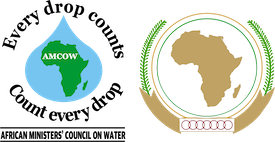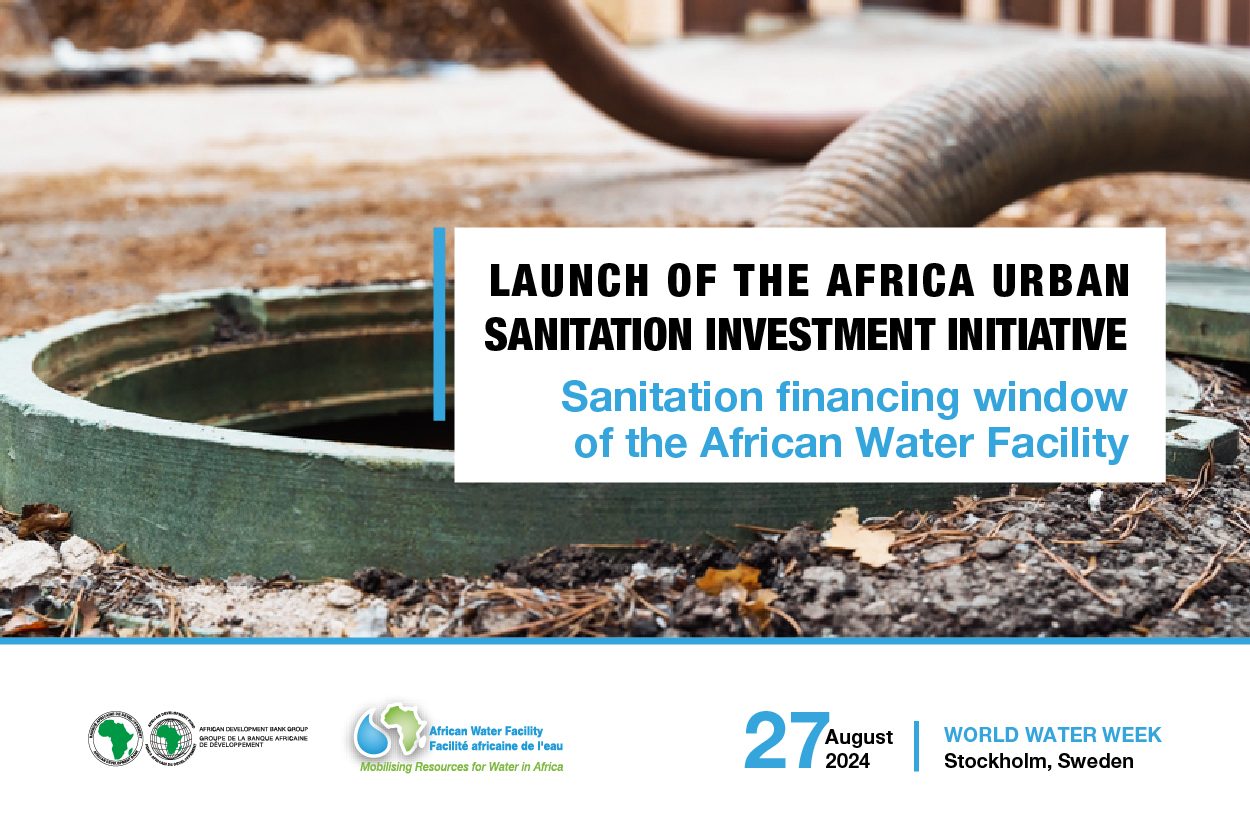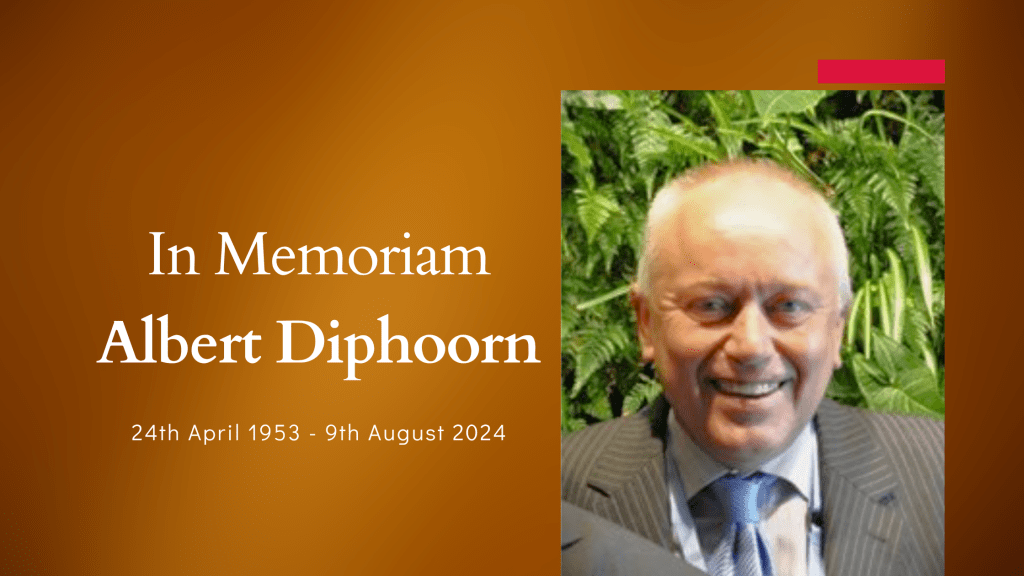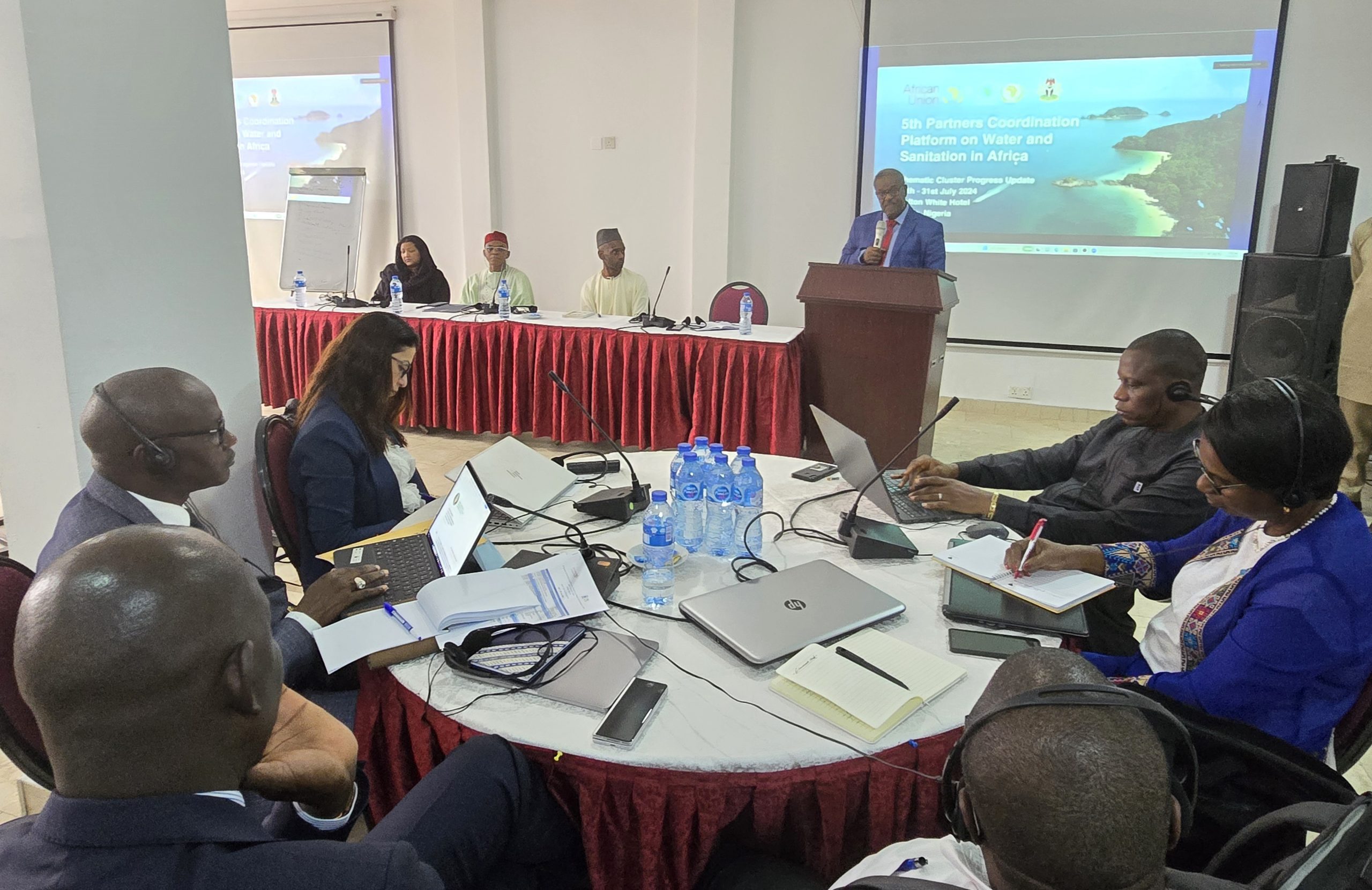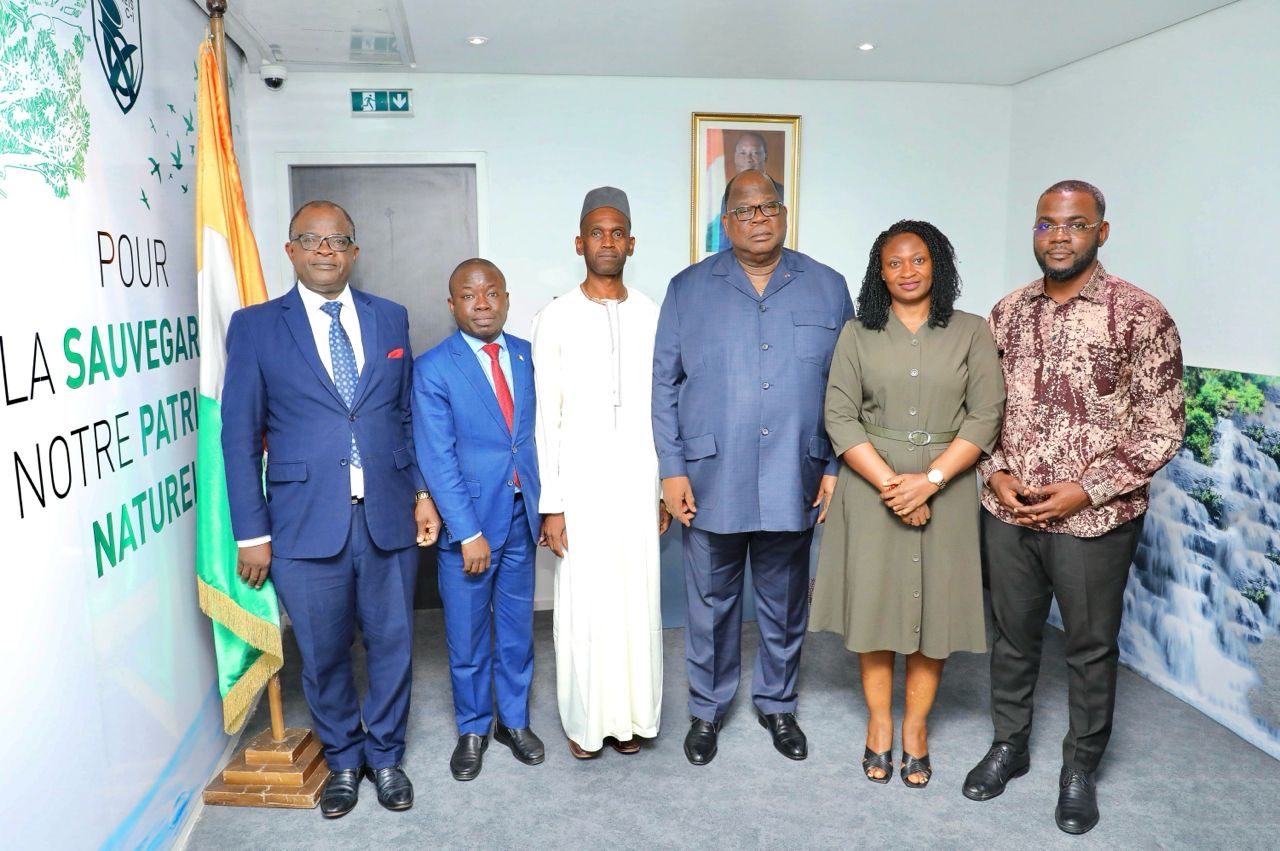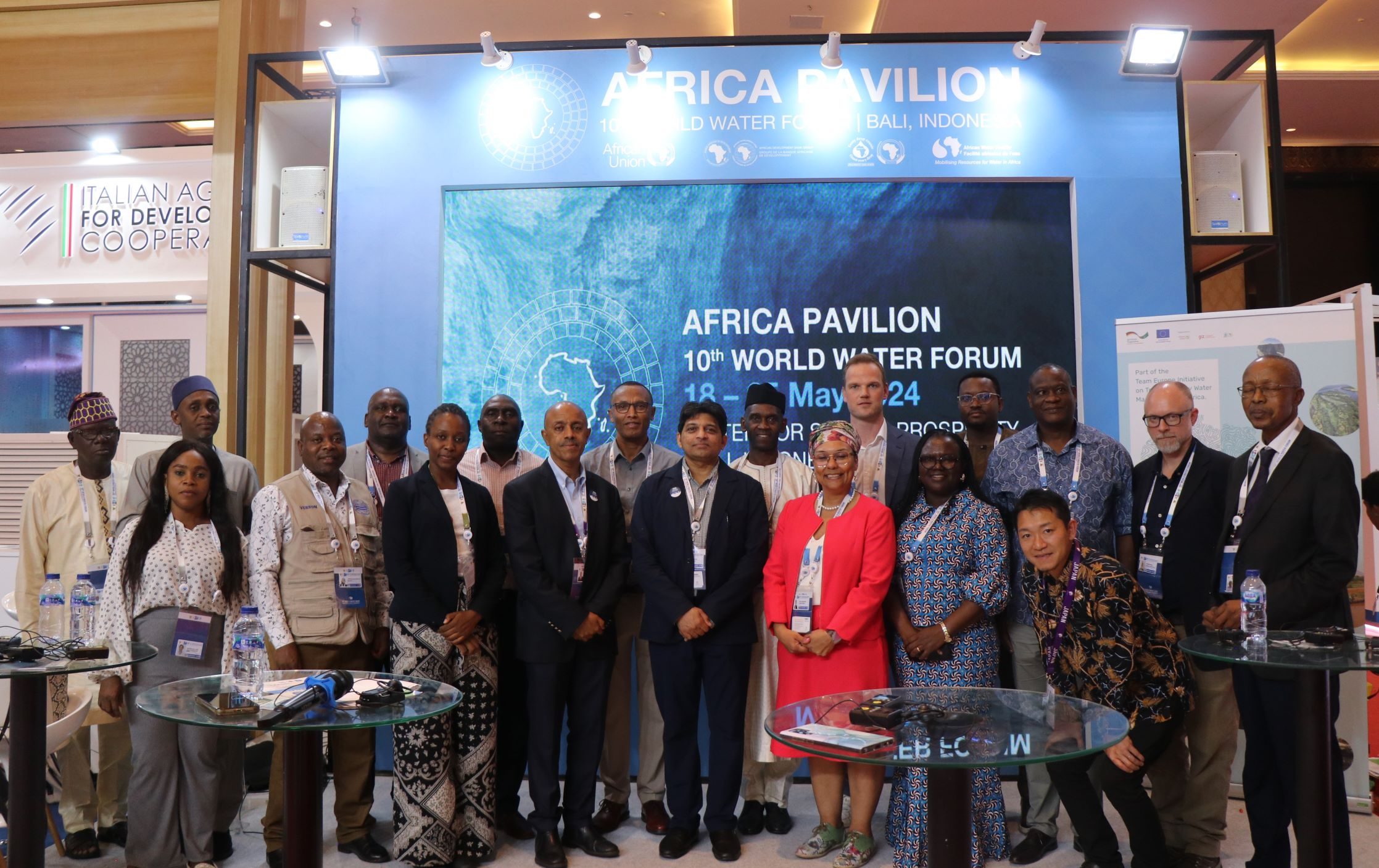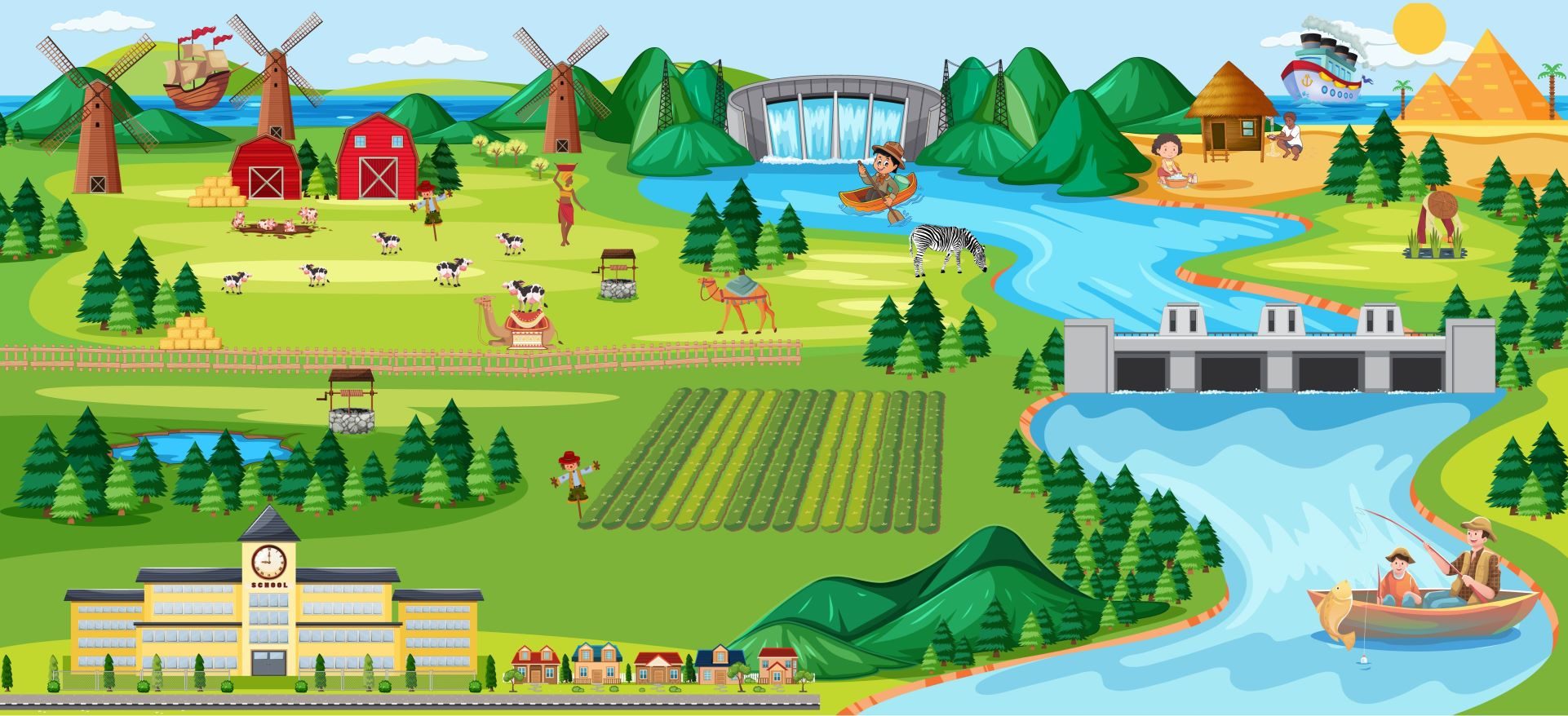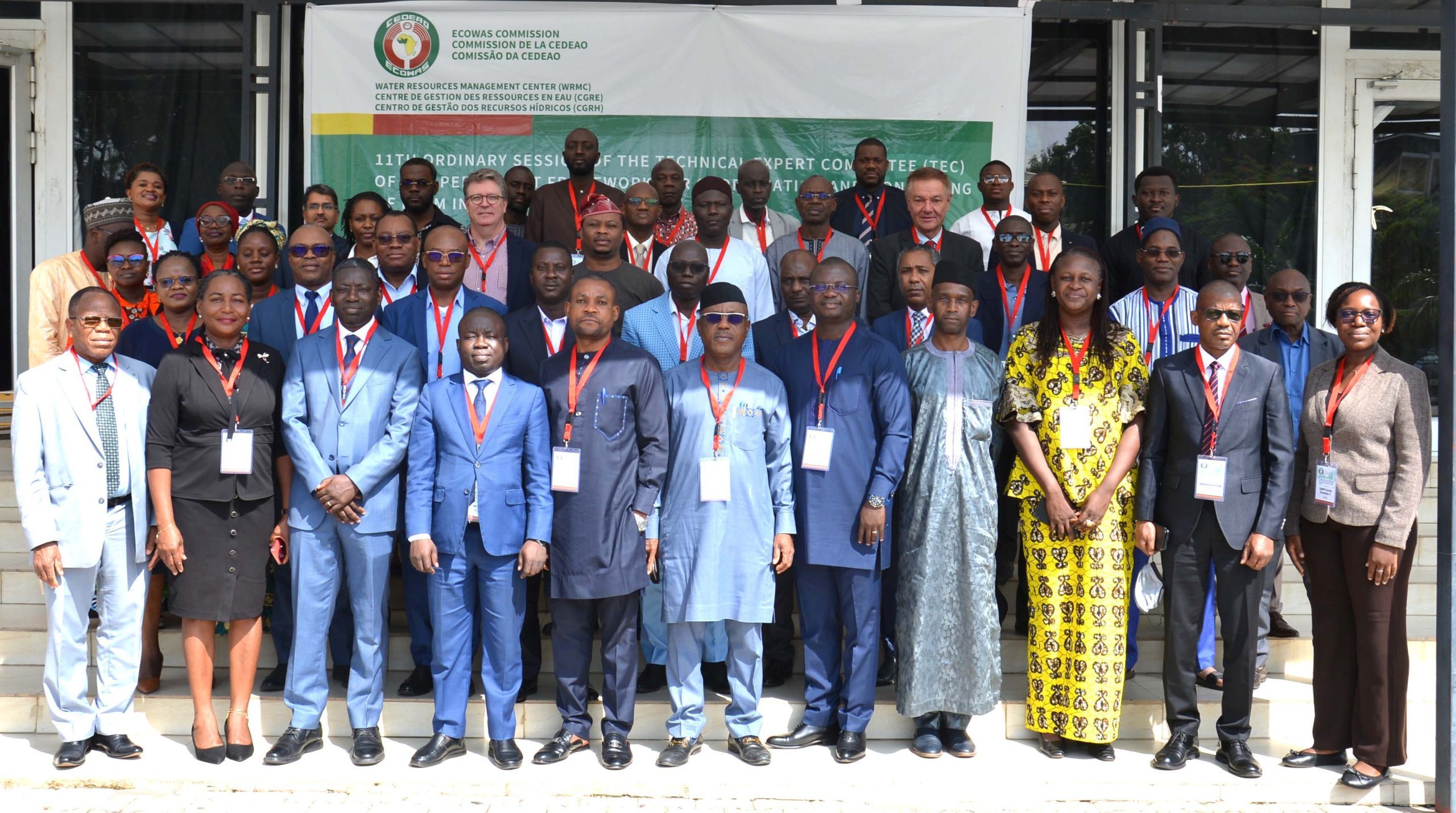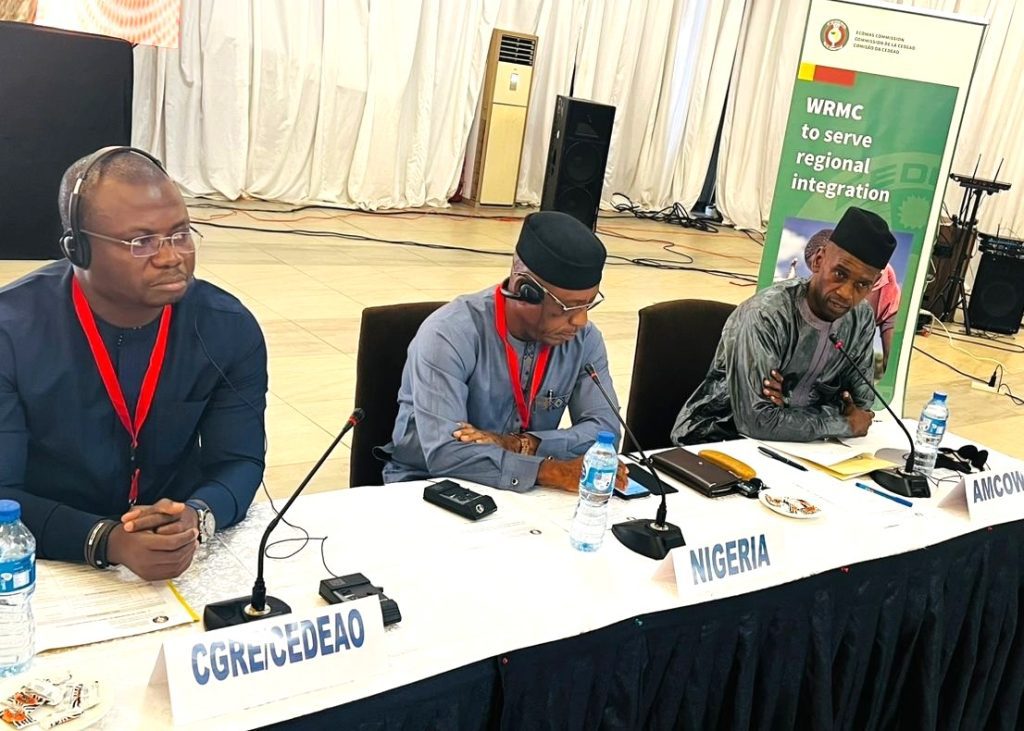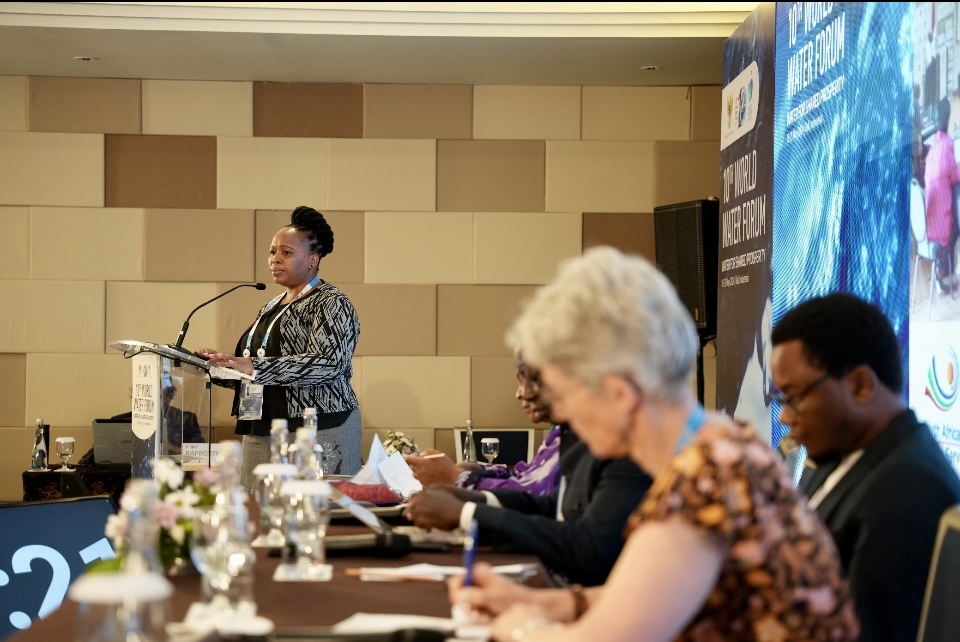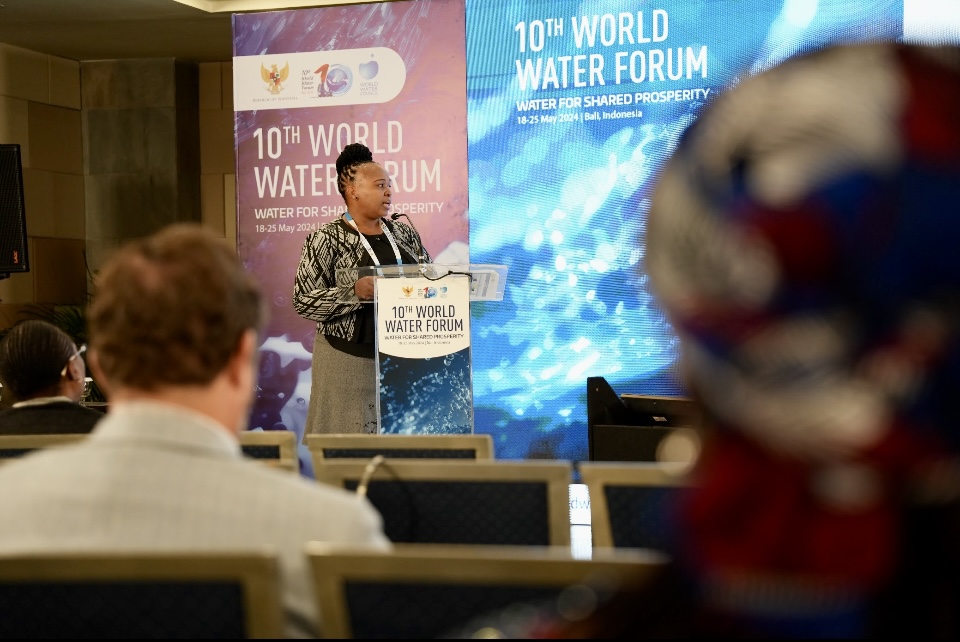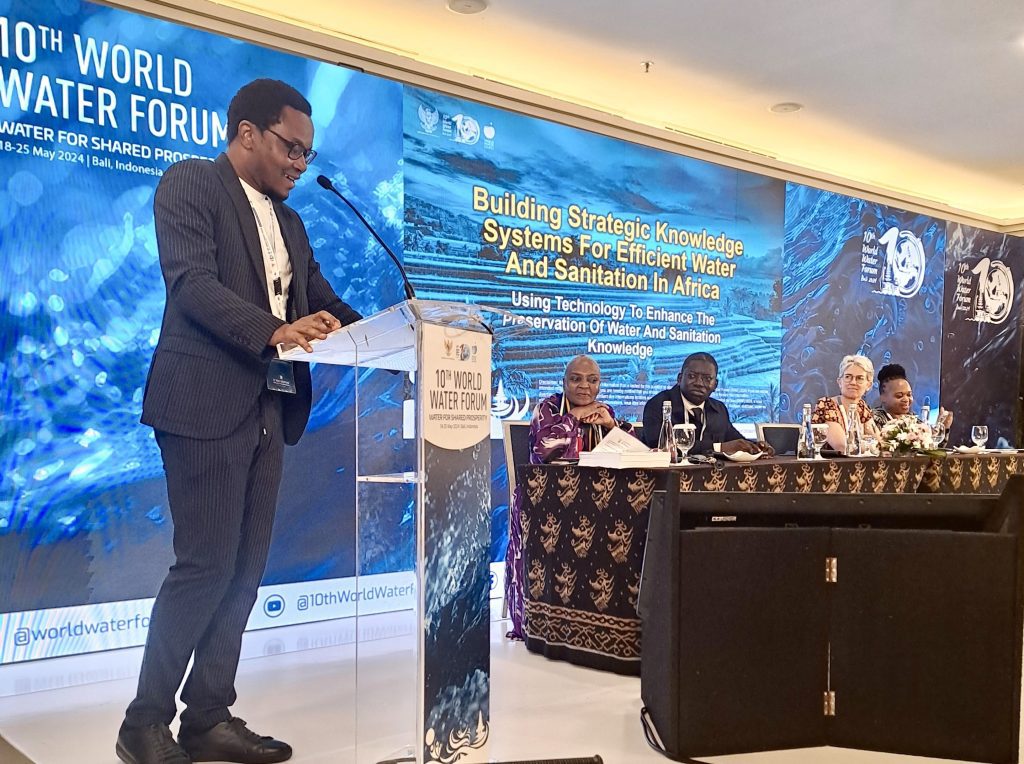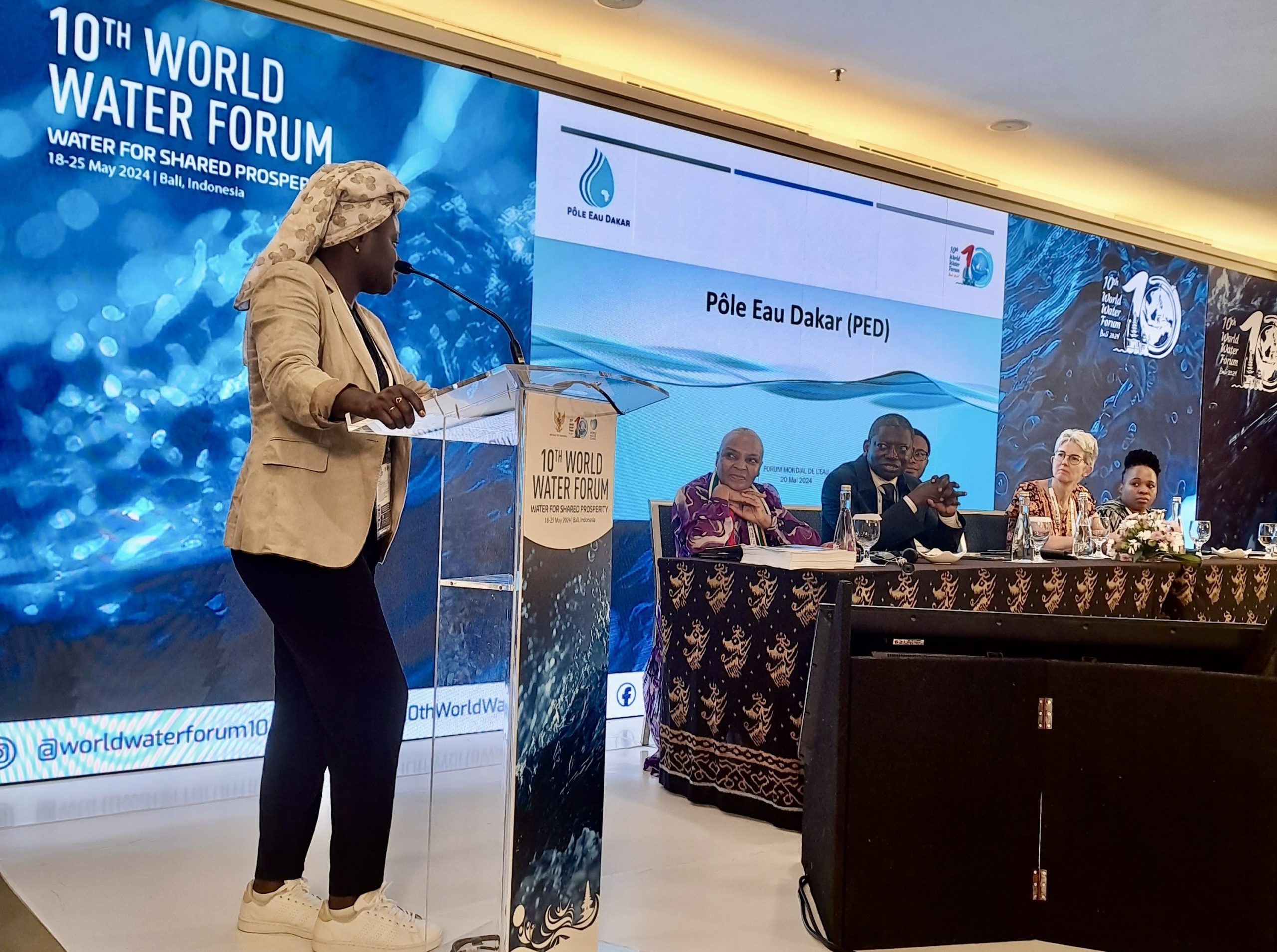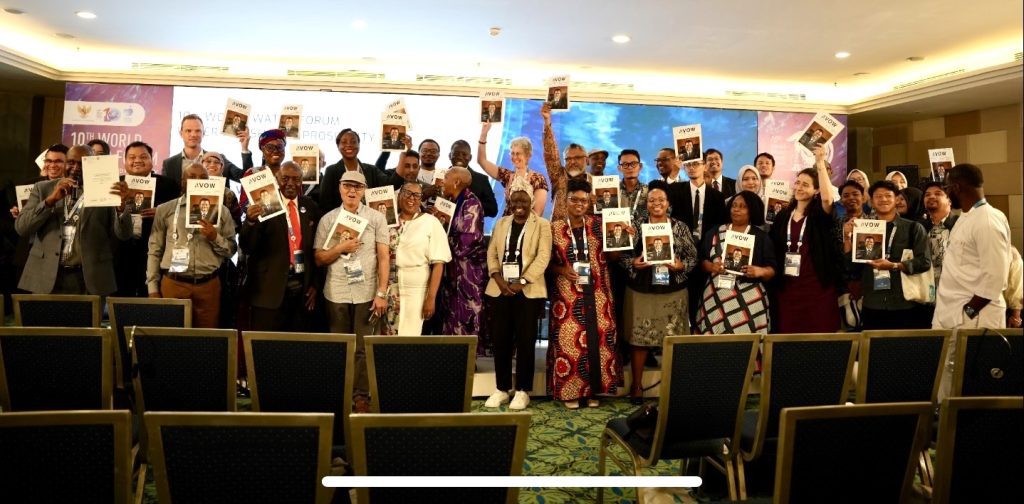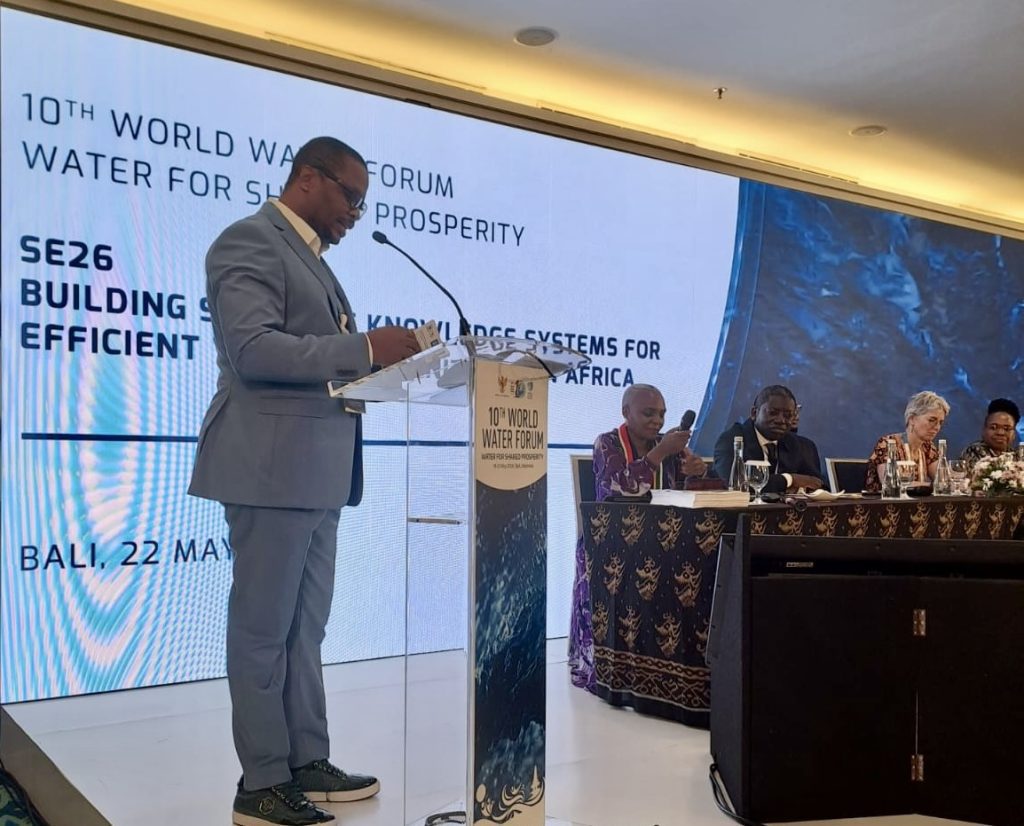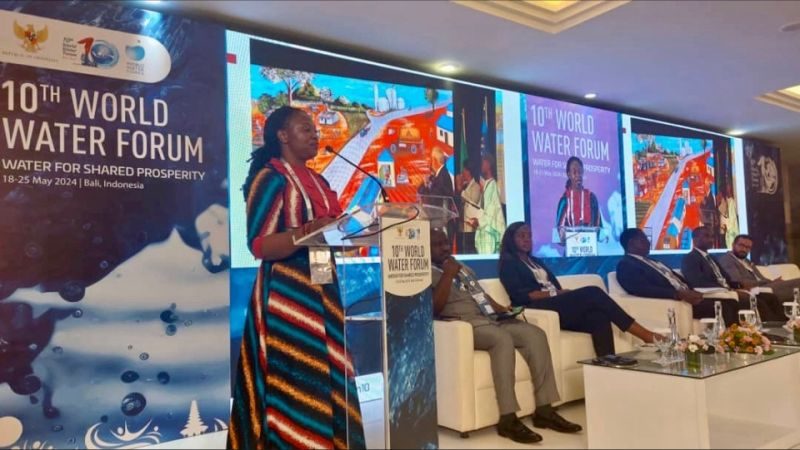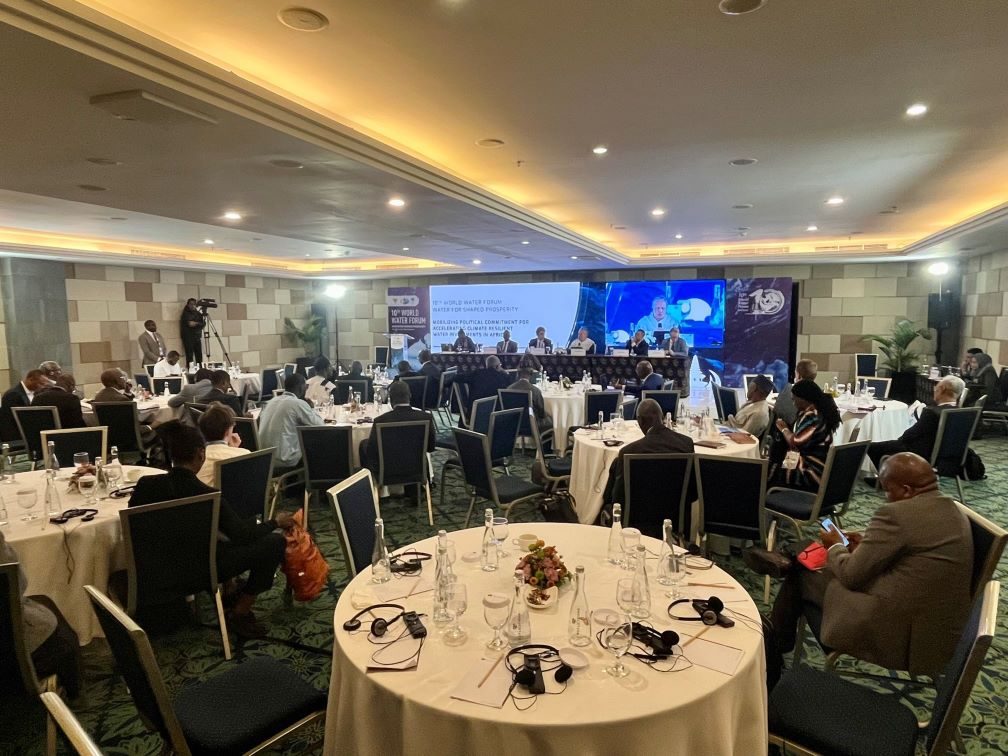African Water Facility to launch new financing window for urban sanitation in Africa
What: Launch of the Africa Urban Sanitation Investment Initiative
Who: African Development Bank Group, African Water Facility, and Continental Africa Water Investment Programme (AIP)
When: 27 August 2024; 10:00 – 14:00 CET
Where: In-person and virtual, at the 2024 World Water Week in Stockholm, Sweden. Register here
On the sidelines of the Stockholm World Water Week and together with the African Union’s AIP International High-Level Panel on Water Investments For Africa, the African Water Facility will launch the Africa Urban Sanitation Investment Initiative (AUSII).
The Facility, hosted by the African Development Bank Group, is the only project preparation and promotion facility solely dedicated to water and sanitation in Africa. The Africa Urban Sanitation Investment Initiative will function as a new financing window for urban sanitation within the African Water Facility, addressing the sanitation challenges in African cities.
Despite sanitation being a fundamental human right, critical to public health, environmental sustainability, and overall well-being, Africa has one of the lowest access rates in the world. An estimated 779 million people on the continent lack basic sanitation services, 208 million still practice open defecation, and 839 million lack basic hygiene services. The African Development Bank estimates that every year, the number of people without access to urban sanitation increases by more than 10 million due to rapid population growth.
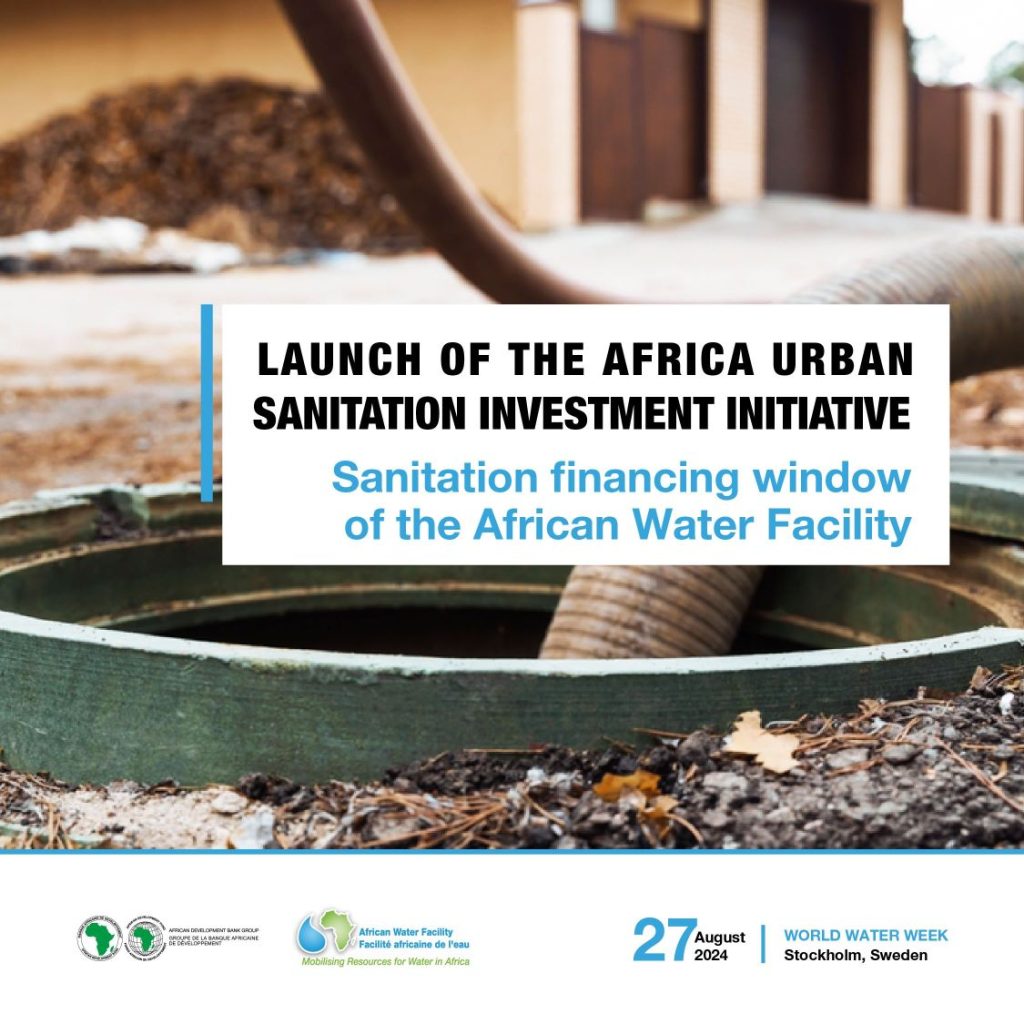

The African Water Facility will, through the new sanitation financing window, mobilise and deploy financing, prepare bankable and investment-ready projects, and implement innovative and inclusive approaches such as the city-wide inclusive sanitation approach, which promotes tailor-made sanitation solutions for neighbourhoods and cities. Over the next ten years, the Facility aims to provide 15 million people with safely managed sanitation services through 50 projects and attract $7 billion in additional investments.
The launch is open to African water ministers and representatives of donor institutions, observers, partners, development finance institutions, regional and river basin organisations, the private sector, and the media.
Speakers:
- Dr Beth Dunford, Vice President for Agriculture, Human and Social Development at the African Development Bank Group
- Carl-Hermann Gustav Schlettwein, Minister for Agriculture, Water, and Land Reform, Namibia, and Chair of the African Water Facility Governing Council
- Dr Rashid Mbaziira, Executive Secretary, African Ministers Council on Water
- Ms. Satu Santalla, Managing Director, Nordic Development Fund
- Jumaa Aweso, Minister of Water and Irrigation, Tanzania
- Ravokatra Fidiniavo, Minister of Water, Sanitation and Hygiene, Madagascar
- Jeff Goldberg, Director, Center for Water Security, Sanitation and Hygiene, USAID
- Anton Jantunen, Sanitation and Hygiene Markets Specialist, United Nations Sanitation and Hygiene Fund
- Ms. Tina Kollerup Hansen, Senior Vice President, Danida Sustainable Infrastructure Finance, Denmark Investment Fund for Developing Countries (IFU)
Simultaneous interpretation in French and English will be provided.
Click here to register.
Media Enquiry
We invite enquiries from the media on the launch of this initiative and its ambition to improve access to urban sanitation in Africa. To speak with our line-up of experts and spokespersons virtually or at the 2024 World Water Week, please contact:
Mary Ajayi, Water and Sanitation Development Department; Communication and External Relations Department: media@afdb.org
